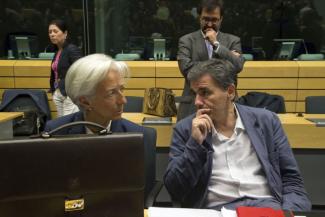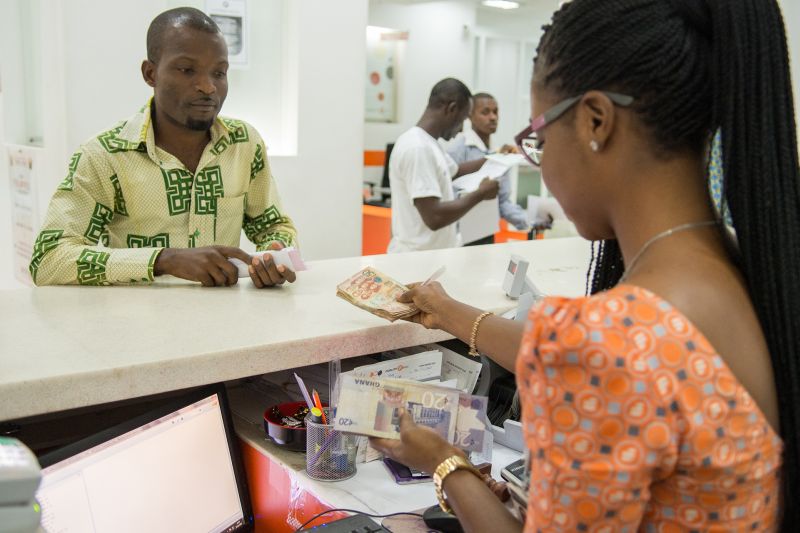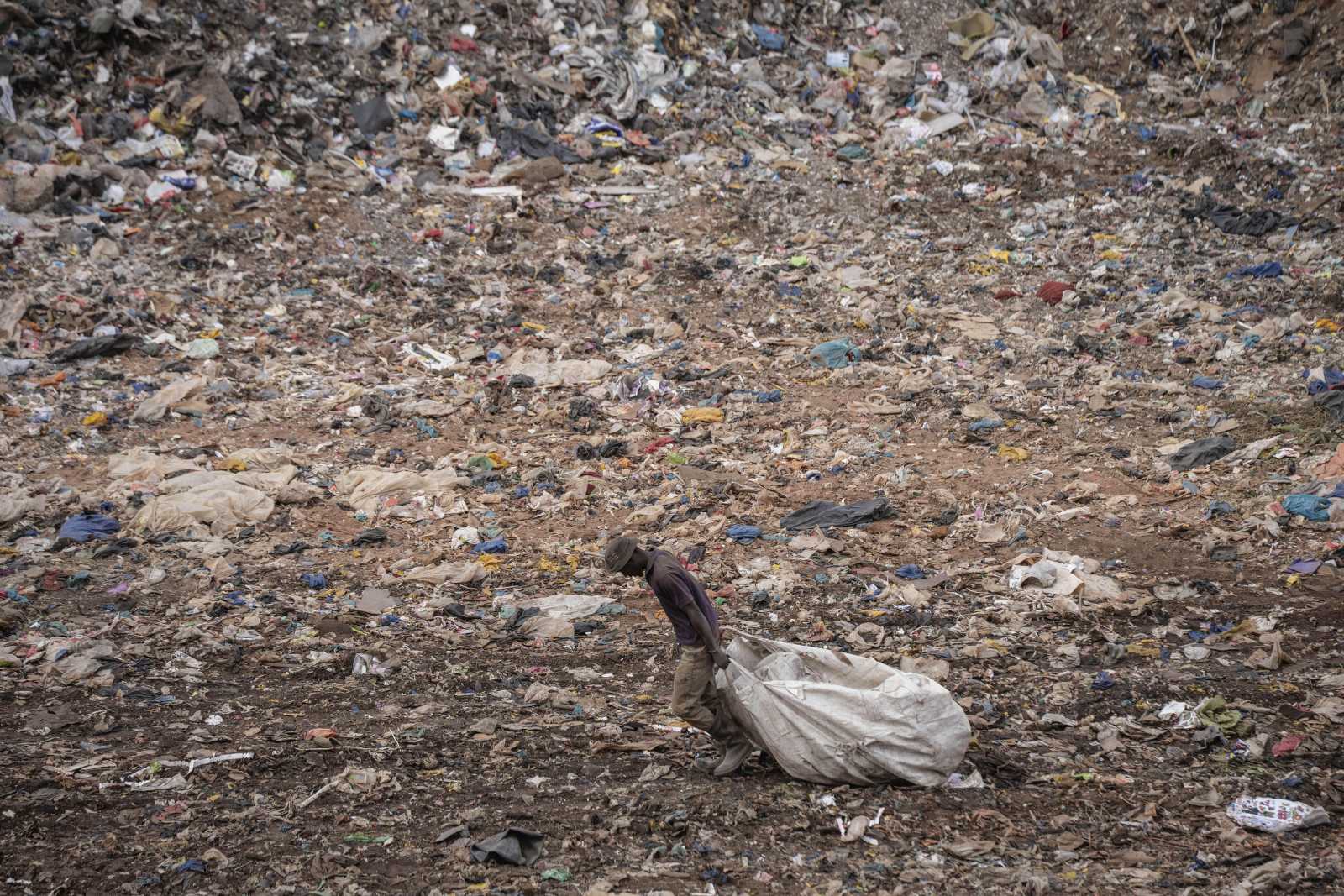IMF
European discomfort
The IMF’s role in the Euro crisis is awkward in several ways:

- The IMF is not acting independently, but is part of a troika which also includes the European Commission and the European Central Bank. The European partners’ approach is more restrictive and less growth-oriented than current IMF philosophy is.
- The economies of the worst-hit countries are still smaller than they were in 2008, and the crisis has kept dragging on for years. Quite obviously, troika policies have not had the intended results of reducing public debt, inspiring investor confidence and triggering fast recoveries. Living standards and social-protection standards have deteriorated dramatically for masses of people (as I argued using the example of Portugal).
- The IMF may only lend financial support to countries if programmes will achieve debt sustainability. Before the last bail-out for Greece last summer, IMF economists stated that Greece needed debt relief, which the Fund’s European partners were unwilling to grant. At the same time, European – and in particular German – policymakers want the IMF to remain part of the Troika. The IMF’s position is that it is only contributing technical expertise, but the Europeans want it to contribute funds as well. Recently, IMF leaders have emphasised that Greece needs pension reform to make debt sustainable, but even though officials now shy away from the issue, debt relief remains relevant – especially as the case was made by IMF experts.
- Emerging-market members find it irritating that the IMF keeps using multilateral money in support of comparatively prosperous European countries, especially as debt sustainability is in doubt in Greece. They think that Christine Lagarde, the French head of the IMF, has involved the institution in inner-EU policy-making, which should not be its business. No doubt, the euro crisis has made them even more eager to get more say at the IMF than they were anyway (see main article).
Internationally, most economists – including those at the IMF – agree that aggregate demand in the entire EU is too low, so the continent needs public investments, not austerity to recover. In northern Europe, and especially in Germany, this view is deeply unpopular however. In this debate, the US administration is siding with emerging markets. How the IMF will decide on conditions for contributing bail-out funds remains to be seen. (fcc)










